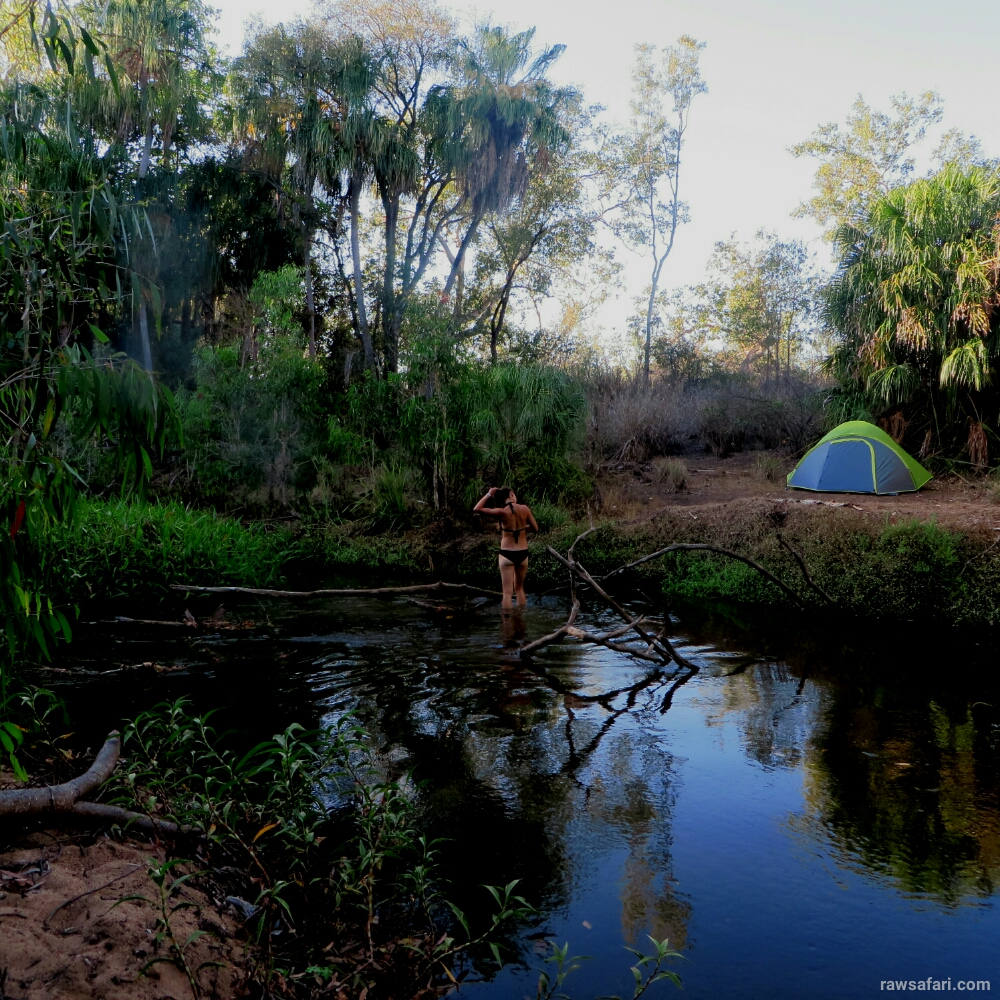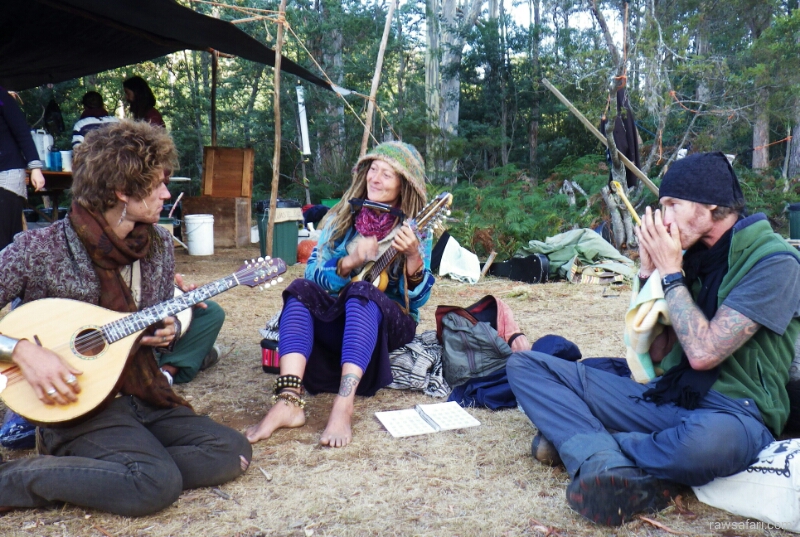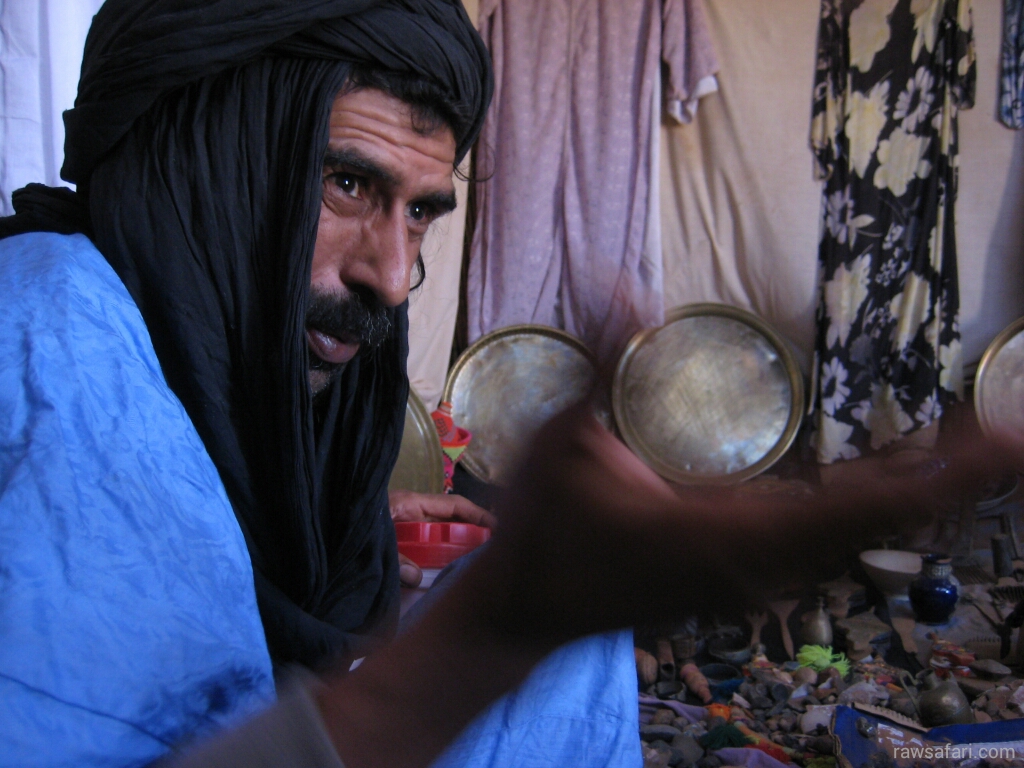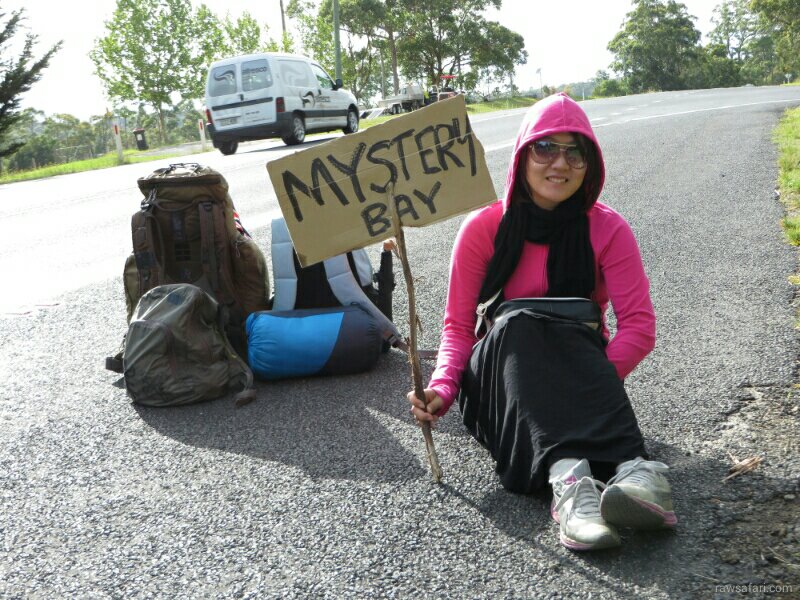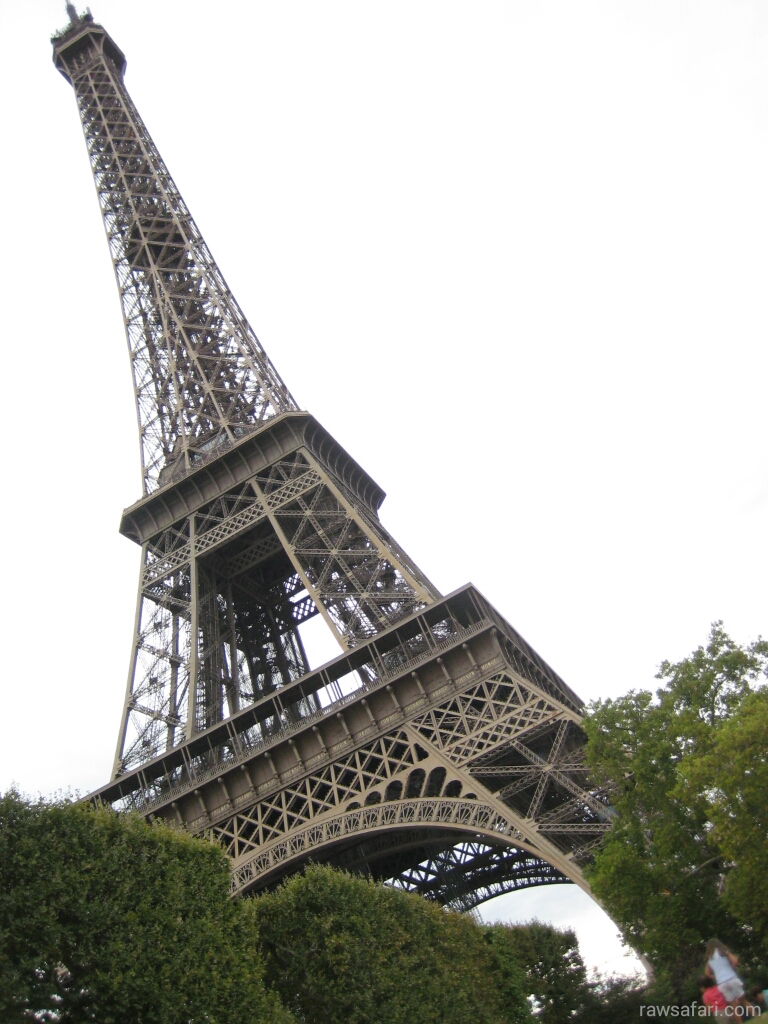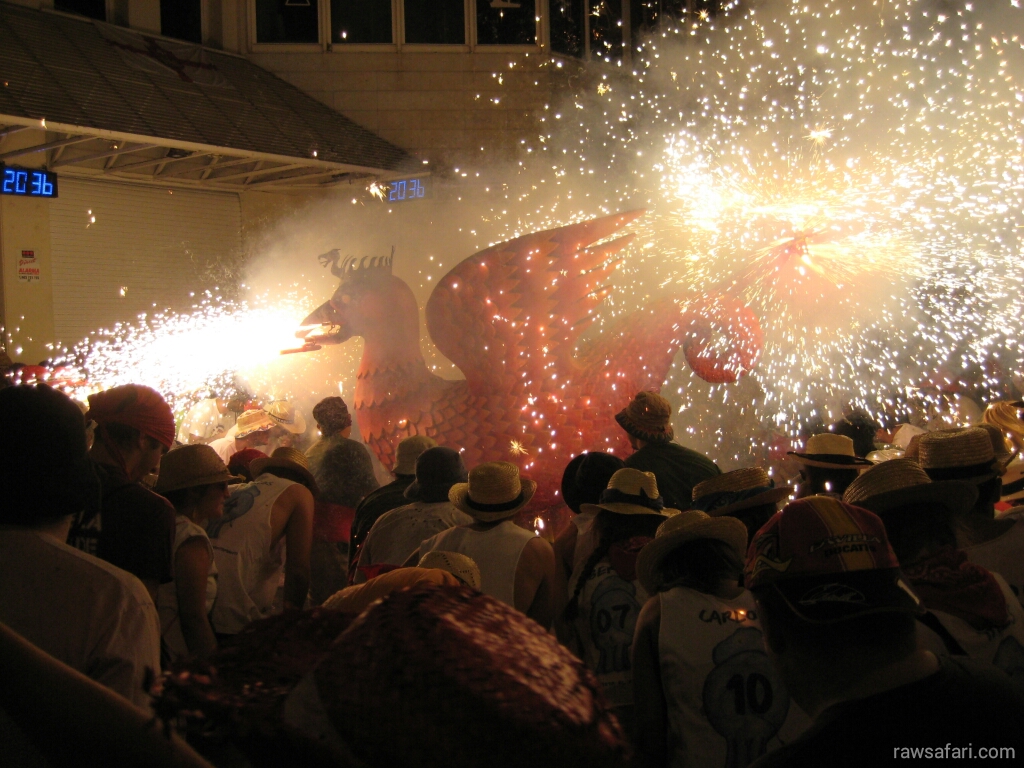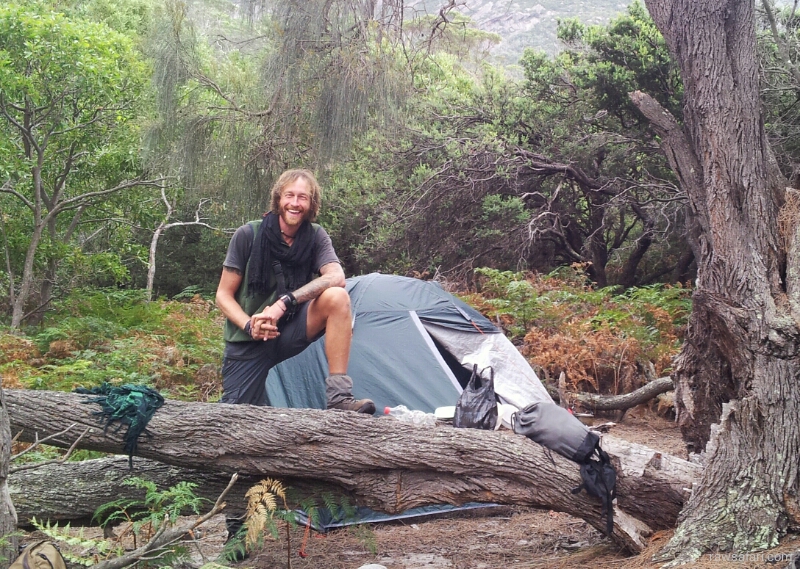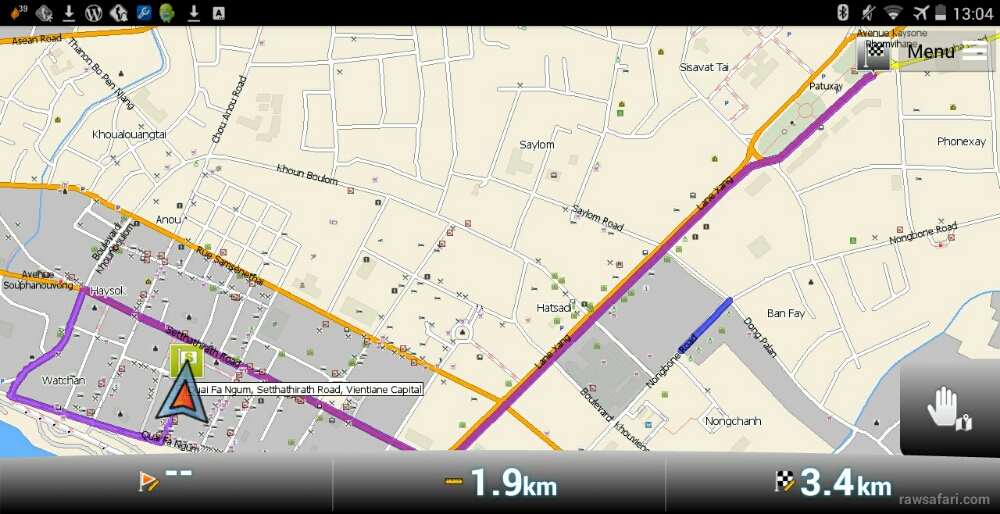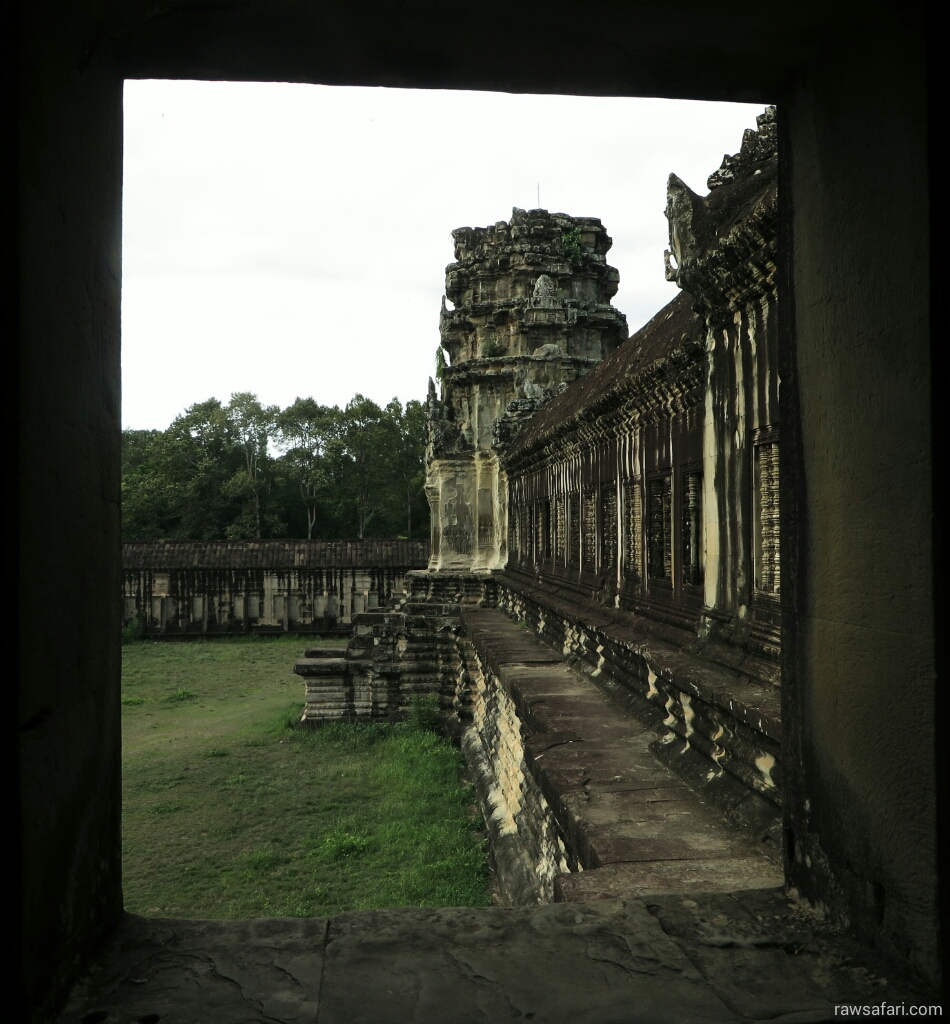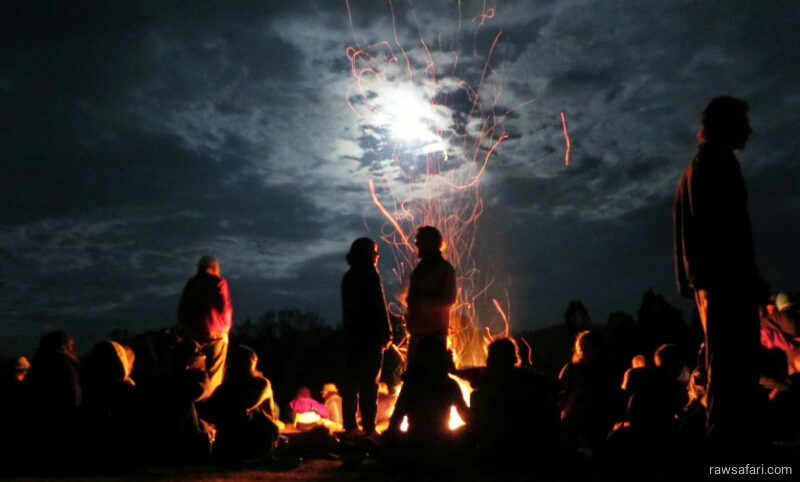Dreaming about an overseas trip?
Planning an epic journey around the world?
Slaving away to finance your dream?
Instead of saving up for years to go on the adventure of a lifetime, why not learn to stretch your dollars, so life is one long adventure?
With a few simple skills, you can tip your work / travel equation so that you are on the road ten months a year, and working for two.
Here are 9 dollar-squeezing ideas to make your adventure happen sooner and last longer.
(Top photo: this is what low-budget adventure looks like. Ayr, Northern Australia.)
1. Spend Smart
“A dollar saved is a dollar earned.”
Ever hear that one?
In terms of sustainable long term travel it’s really true. The work / play balance you can achieve in your life has a lot to do with how you don’t spend your money. Read that sentence again. The key word is ‘don’t’.
Prioritise.
Make sure you know what represents value for you.
What buyable commodities contribute most directly to your happiness? I’m not talking about gratification, although that may be a big part of it, I’m talking about joy: feeling alive.
Maybe you can live without fancy coffee?
Perhaps instead of buying new clothes you will go to a second hand shop, or just patch your old clothes (again)?
Maybe paying for transport is a waste of money you could be using to eat amazing gourmet food, so you hitchhike instead of taking a bus, and save your cash for fine dining?
If you really like to have nice camera equipment, that’s a big chunk of your budget, so you might skip the fine dining and eat bread and cheese.
Washing your dirty clothes in laundries will add up quickly. Just find a basin, a river, or a fountain, and scrub ’em by hand.
So many travellers spend big dollars on accommodation. If you can be happy living in a tent, you will save big. If having a really comfy bed every night is key to being happy for you, then spend your money on that, but there are plenty of alternatives to hostels for a good night’s rest.
I like to eat well. I feel happy in tents, and I don’t mind hanging my wet socks on my backpack to dry. In Europe, in 2013, I spent every night camping or couch surfing, but I shopped at nice delicatessens, and ate beautiful food three times a day. My daily cost of living in France? US$11.00
Every buck spent should bring you joy.
Spend them on the things you really want.
(Below: playing music in the bush. During the two months I spent at Rainbow Gathering in Tasmania, my daily cost of living was about US$1.50.)
2. Haggle
Compare prices and negotiate before you hand over cash!
This is so important, especially when you are in unfamiliar cultures and economies. Just because something seems cheap to you, doesn’t mean you are paying market price.
Shopping in countries like Thailand, Morocco, and even Australia, I have found enormous variations in the price of identical products and services. Walk a couple of blocks, or check a few different websites, and you might save yourself big bucks.
The price you can get on the street is often even less than the guidebook tells you. Slow trade; time of year; these factors can give you opportunities for bargains. A lot of the best value hostels, shops, and street stalls are not on the internet. You only find them by walking around and asking questions.
In Luang Prabang, Laos, I walked to every guesthouse on the western side of the city looking for a cheap hostel. Prices were high, even after discounting, and the rooms I saw were small and grubby.
I decided to try the eastern side of the city. I was tired, and hot, but I trudged to the other end of town.
The hostels on the east side were much nicer and cleaner and I found a double bed suite for the same price as the flea pit across town.
Luang Prabang, Laos.
I walk into the foyer. This guesthouse is very nice. Wood panelling, tasteful garden. I think to myself, ‘there’s no way I can afford this place’. But I’ve been surprised plenty before, so I head for the front desk anyway.
A small, elderly man with a dignified manner greets me in English. This is rare in Laos.
“Yes sir?”
“Hi. I need a cheap room for one, please.”
“We have only double suite, with private bathroom.”
“How much is it?” I ask.
“Forty thousand Kip per night.” (approx. US$4.95)
I swallow my surprise. Only ten thousand more than the cheapest dump on the other side of town.
“May I see the room, please?”
He gives me the key and I take a quick look. There are crisp white sheets on the bed, art on the walls, and the spotless bathroom has hot water.
“It’s very nice. May I have your business card? I will look down the street.”
“How much will you like to pay? It is low season I can make you a good price for a week.”
“That’s alright, the price is good. I just want to see some more places…”
“For you, thirty thousand, OK?”
I take the room.
Sometimes all you need to do is hesitate, and prices come down. Use the oldest hagglers trick in the book: walk away. Backs get more bargains than faces.
(Above: haggling is an essential skill for tight-arse travel. Sometimes you get to learn from masters of the art, like Ali: pictured.)
“What’s your best price?”
This is a polite way of saying, “let the negotiations begin.”
I often ask this question if I think the price of something is inflated.
They will say something like 90% of the original price, and than you can say 60%, and maybe you end up at 75%?
Another thing you can do if you are buying small items is ask for the wholesale price.
You ask “how much for ten of these if I want to get a whole lot?”
They will do some math, and give you a price around 20% discounted.
If you can haggle them down to the best wholesale price, then you will know what the item is really worth! At the next shop down the road, you will be an informed buyer.
This can apply to accommodation too. Ask what the rent-by-the-week rate is. Divide by seven and you get a better idea what price you should be aiming to pay per night. If you are going to be in town a while, ask for the monthly rate.
In any haggling / negotiation situation, a good rule of thumb is to kick off at around 60% of the stated price. It’s low, but it’s not insulting. The maths and etiquette of haggling vary from culture to culture, but they also vary person to person, so be polite, do your math, and never lose your temper.
Keep your calculator and currency converter handy!
(Below: Yuuri, hitchhiking with me in Australia.)
3. Stick Your Thumb Out
Hitchhiking around is one of the best and most fun ways to save money, ever.
I have tons of stories about my fun hitchhiking experiences on the blog. My thumb has taken me amazing and unexpected places: The Sahara Desert, Angkor Wat and Paris, to name just a few. I’ve made hundreds of friends, heard hilarious and bizarre life stories, eaten home made meals and discovered places I didn’t even know existed. Hitchhiking rocks.
There’s a lot of info about how to do it on the ‘Hitchhiking 101‘ page, so I won’t go into any detail here.
What you need to know right now:
Hitchhiking is 100% free transport.
Hitchhiking is less dangerous than smoking.
Hitchhiking is an awesome way to meet people.
Hitchhiking can take you all over the world.
Hitchhiking is more fun and much safer than most people think (yes, even for girls).
If you want to know how hitching works, and how to get started, click here.
To read some stories about my hitching experiences, click here.
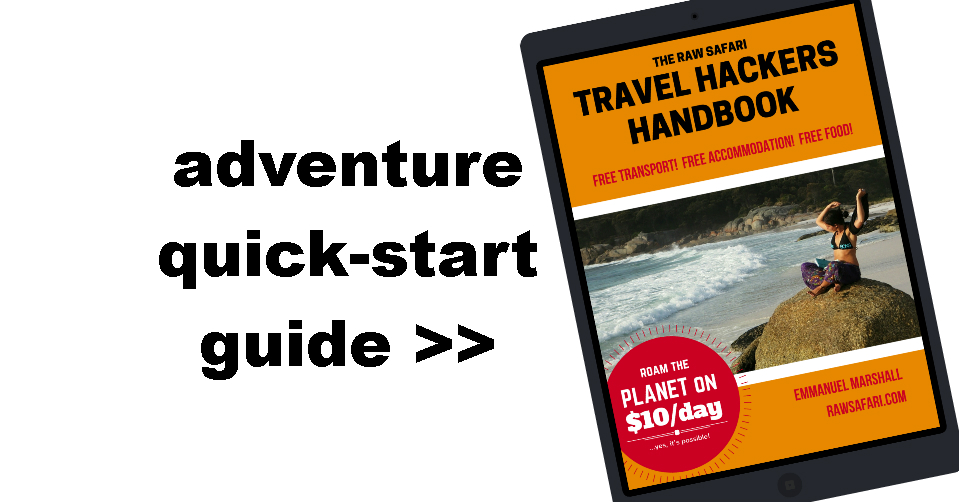
Want to learn how to travel the world on $10/day?
Get your FREE e-book: The Travel Hackers Handbook.
4. “Mi Casa es Su Casa”
Wiktionary: Spanish Phrase
‘mi casa es su casa’
Formal sentence meaning literally “my house is your house.”
Couch surfing is a very popular way to save money while traveling. The basic idea is that you contact people on the web, who have offered free hospitality, and ask them if you can stay on their couch, or in their spare room for a few nights.
As well as couchsurfing.com, I also sometimes use a site called BeWelcome.org. They are both easy to use, secure, and free.
The truth is, you actually don’t need a website to couch surf. I am often invited to spend the night in people’s homes when I hitchhike, and sometimes I will just knock on a random door and ask. It takes a bit of confidence and humility, I guess, but sometimes you meet such amazing people that way. There may be security concerns with this approach for some people, and I respect that, but for me personally, it is gold.
I am ever grateful to you: the kind and courageous people who pick me up from the side of the road and offer me hospitality in your homes. Your generosity never ceases to amaze me. Thank you. Gracias. Merci. ขอบคุณ[มาก. Good on ya’ mate!
I send you an open invitation my friends: you are always welcome to share my tent and my camp fire! :)
(Above: I spent a week on Vincent’s couch in Paris.)
(Below: I camped out for a week in an orchard when I visited Sitges, Spain. Festa Santa Tecla was happening, so it was a memorable week.)
5. The World is My Bedroom
Urban camping is the way I live now when I am at home in Australia, or in places that have a temperate climate. Accommodation is very pricey in Australia and Europe, and I don’t actually need a house or even a bed to be happy. Camping in a well equipped and prepared way is a comfortable, peaceful lifestyle. I love it.
When you live in a tent, you rise with the sun, cook on a fire, bathe in rivers, pick fruit from the trees and sleep like a baby at night.
I have camped in France, Spain, Morocco, Holland, Tasmania, Thailand and many other places. There are a lot of stories and info about urban camping, also known as ‘stealth camping’, on the blog, here.
Check out my beginners guide to outdoor living, here. You will be surprised how much fun it can be – and it’s free!
(Below: home sweet home in Tasmania. That fallen tree made a very useful kitchen table. At meal times we were visited by a friendly Kangaroo who lived next door. Thanks for the photo Jo.)
6. Waste Not, Want Not
OK. There’s no way to gloss over it. I am now going to talk about eating garbage.
The thing is, in affluent, wasteful societies like Australia, Europe and the U.S., big supermarkets and bakeries waste a lot of food. They put it on the shelves, and if it doesn’t sell that day, it goes in the bin! And that’s where the dumpster divers come in.
Bega, Australia.
We show up at the back of Woolworths about eleven. The store has been closed an hour. The area around the loading dock is lit up by floodlights, so I have no problem opening the big dumpster bin, and examining the contents. The first thing I see, on top, is a whole melon. Into the backpack. A loaf of raisin bread. Yep, I’ll have that. Tin of baked beans? Thank you very much.
I start handing stuff to Jonah to put in his bag. There is so much good stuff. I only take things that are in bags, or whole, and nothing that has been crushed, got mush on it, or looks in any way unhealthy. We fill two bags in about five minutes.
Back at our camp on the edge of the lake, we eat like royal hogs.
Yay for consumer society.
Read more about ways to eat for less on the Free Food page, here.
7. Make Like a Boy Scout: Be Prepared
If you set out on a journey with no idea where you are going, you will have an adventure. If you set out with no idea what you are doing, it may be an expensive adventure.
Try to imagine the challenges you may face on the road, before you set out.
Carry a few simple essentials that can save you money, like a water purification system, a tent, and a phone.
A lot of potentially dangerous and costly incidents can be avoided with a little bit of forward thinking and research.
Even something as simple as having a basic map can help you avoid wasting time and money.
Raw Safari (this blog) is all about sharing useful info, so check out some of it before you hit the road. The pages on equipment and urban camping are especially good starting points.
Grab a few must-have apps for your phone. Some of the apps I use all the time are reviewed, here.
(Above: if you hitchhike to places like Merzouga, in Morocco, you better have a map and a few other basic necessities if you don’t want to have a rough time.)
(Below: there’s no better map than a GPS map. This one, Map Factor, is free and fantastic.)
8. Tool Up
Essential travel gear to save money:
– tent or hammock
– sleeping bag
– smart phone with GPS map.
Everyone travels with slightly different stuff.
What you have in your bag depends on the way you travel, and how much money you have as well.
Most travellers adjust their packing list depending on where they are going, so it’s a good idea to be flexible, and willing to get rid of stuff as well as acquire new gear.
On my ‘Pack Your Bag‘ page, I talk in detail about all the stuff I use, and why I use it. It’s the stuff in my backpack that allows me to live cheap and comfortable, even in high-cost developed countries like Australia and France.
Read all about the contents of my backpack, here.
9. Wikitravel
It’s been around a while now, and Wikitravel really is awesome, especially if you have the free off-line Wikitravel app on your tablet or phone. The Wikitravel app is like a free, very detailed and reliable guide book to the entire planet, in your pocket! No internet required.
The main financial benefits of using Wikitravel are in three areas:
1. Locating low cost accommodation
2. Estimating average prices for standard items and services in advance
3. Estimating and comparing transport costs
Because it’s a wiki, Wikitravel stays pretty up to date, and it lists some really obscure stuff.
Check out Wikitravel.
Travel Light, Travel Tight, Travel Far, My Friends
Low-budget adventure is an art form and a discipline. It has taken me years to get good at it, and there is still a lot more for me to learn.
My last words of advice: keep your wallet in the bottom of your backpack, and wear a smile. You’ll go far.
Happy trails!
(Above: awe inspiring Angkor Wat. Just one of the many beautiful places that wait, out there, for you to find them.)
(Below: Rainbow Gathering, Tasmania. Cheap travel doesn’t mean boring travel. There is a big tribe of other long-term, low-budget adventurers roaming the world and living the dream, right now. Join us!)
Got some hot tips of your own?
Please comment below, and share your knowledge!
>> Questions? Check out the Q and A page, or email me.
>> Read some stories about my unexpected life on the road.
>> Like Raw Safari on Facebook.
